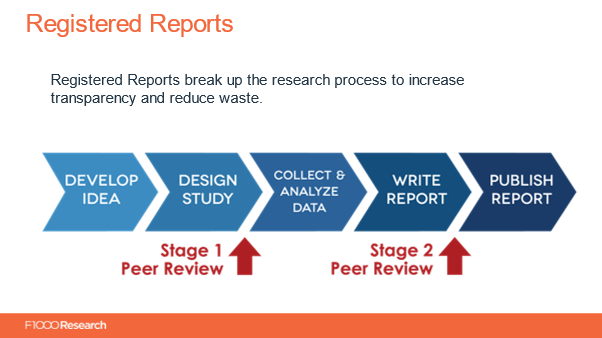In the recent RDM Symposium for HKUST researchers, we had a lively seminar on data integrity and publishing with two talks. Last week we summarized the first talk; this post reports the second part.
Following the first presentation by Prof. Mukhopadhyay, Dr Rebecca Grant from the publisher F1000 Research talked about research integrity from the publishers’ perspective. She depicted research integrity as trust, transparency, openness, rigour, and honesty; and she asserted that publishers could support research integrity by promoting Open Research.
Dr Grant shared the ways publishers can support Open Research through Open Access, Open Data, Open License, and Registered Report.
Open Access articles are freely available online to read (OA Libre) and/or reusable by third parties with little or no restrictions (OA Gratis). Articles published Open Access with the publisher Taylor & Francis typically receive 32% more citations and over 6 times as many downloads.
Open Data
Open Data, specifically the open access to the data underpinning published studies, helps make research replicable. Publishers strengthen their data policies and establish clear guidelines for open data:
- Accessible data: publishers make DAS (data accessibility statement) a required section of manuscript submission. A DAS should describe all data underpinning a paper and where it can be found. They also require data to be put in repositories, such as Dryad, Dataverse, Figshare, Zenodo, Open ICPSR, and the UK Data Service.
- Reusable data: data must be openly licensed and FAIR (Findable, Accessible, Interoperable, and Reusable).
- Credit for data: datasets must be citable.
One purpose of ensuring data is accessible and reusable is to enable peer reviewers accessing and assessing the data as part of the peer review process.
In addition to data, codes for analysing the data can also be shared.
Registered Reports
Registered reports is an emerging publishing practice that addresses the issues of publication bias towards positive results and selective reporting.

Image credit: Rebecca Grant, F1000 Research
Registered Report allows researchers to publish their research hypothesis and method before data collection. Researchers could submit a Registered Report consisting only of the hypothesis and study design to a journal for peer-review before conducting the study. The results could be published regardless of negative or null results. Such a publication process emphasises the importance of the research question and the quality of methodology than the positive results.
In sum, publishers can support research integrity when they:
- Support a range of accessible outputs: including research data, code, and software in addition to manuscripts.
- Allow peer review of all outputs: all research output could be accessed and assessed by reviewers.
- Encourage open licensing and reuse: open licenses allow others to reuse the shared data and code.
- Address publication bias: open research supports researchers to publish other research output that more focuses on the quality of the research process. This reduces their incentive to manipulate data to get positive results for publishing.
Implications for Researchers
These publisher policies, guidelines and workflows can bring new perspectives, new practices and new possibilities to researchers:
- New perspectives
- Open sharing of data and code could increase the research’s visibility.
- Open license increases reuse to their data and codes.
- Registered reports and data peer review could help them uphold research integrity.
- New practices
- Depositing their data into repositories before publication.
- Preparing data availability statements.
- Researchers could get credited in new ways, such as
- Data citation.
- Code and software citation.
The publisher that Dr Grant is affiliated with, F1000 Research, has an Open Publishing Model; it features data deposition and open peer review.
– By Lester Chan, Library
Views: 413
Go Back to page Top
- Category:
- Research Data Management Tips
Tags: RDM Symposium, research data, research integrity
published November 3, 2021
last modified March 11, 2022


